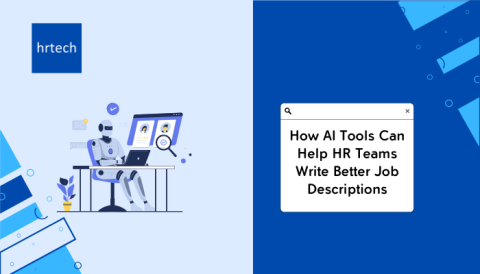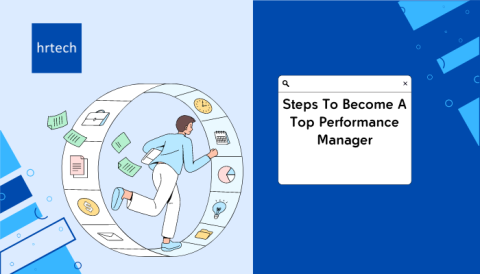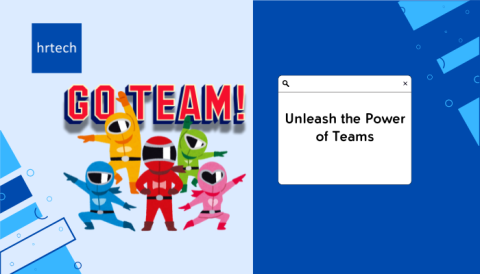The research conducted by non-profit Catalyst underlines, allows these leaders to create connections with colleagues, helping organisations in prodigious, though hard to quantify, ways.
by Deepshikha Kumar, Founder & CEO, SpeakIn

Recent research conducted in the US reveals that empathy and compassion top the list of qualities great leadership requires. Empathy, the research conducted by non-profit Catalyst underlines, allows these leaders to create connections with colleagues, helping organisations in prodigious, though hard to quantify, ways.
Indeed, empathy and compassion are skills leaders and managers need to be effective coaches. It is wrong, for instance, to give feedback only when it’s negative. Or corrective. Yes, the corrective feedback is of the utmost consequence, but good coaching is equally about positivity. So, good leaders articulate the corrective, but never ignore the opportunity to praise and applaud.
In 2009, Google LLC launched a plan code-named Project Oxygen. The mission was to build better bosses. This massive project found eight behaviours common among its highest performing managers. “My manager is a good coach” topped the list of ten Oxygen behaviours.
Armed with this knowledge, the company started teaching coaching behaviours in its training programmes, and it started to reap rich dividends. The company was able to have a statistically significant improvement in manager quality for 75 per cent of its worst-performing managers.
One manager, in particular, epitomised what Google was trying to do in building better bosses. He was brilliant individually but perceived by his team as extremely bossy and arrogant. The manager was denied a promotion and told his style was the reason. He was given one-on-one coaching by in-house coaching experts. The result: six months later team members acknowledged significant behavioural and attitudinal improvement.
The Google story underlines the many benefits of one-to-one coaching and mentoring. At SpeakIn, we believe one-on-one coaching easily trumps the benefits of group coaching. It is in the best interest of organisations, big and small, to embrace this culture of coaching, which is highly likely to produce dramatic results in the performance of key managers, and consequently has the potential to lift the bottomline.
I bring in the bottomline aspect because one-on-one coaching does indeed entail higher cost but the advantages far outweigh price implications. The sort of generic help that comes with group coaching often doesn’t make an impact. Managers want solutions tailored for their specific needs. At a time when more than half of Singaporeans say they are considering switching jobs over the next twelve months 90% of senior managers in a recent survey said they prioritise learning and upskilling opportunities over compensation when choosing an employer. One-on-one coaching sends a powerful message to managers that the organisation values them and is investing in setting them up for success.
Focused coaching and mentoring strategies can transform businesses and help build enduring institutions. Finding a great coach and mentor can make all the difference.
Let me give you an example. If your ten-year-old daughter wants to learn how to play a musical instrument—whether the piano or the flute—the learning would be that much more nimble and polished if you found an accomplished pianist or flautist to teach her. The same logic applies to businesses and their leaders. Learning from great coaches puts wind beneath their managerial wings.
In SpeakIn’s journey to building Asia’s largest expert-backed learning platform, our One-on-One Mentoring programme is a significant milestone. It aims to:
-
Create a personalised learning environment that is invigorating, demanding, and enjoyable through sessions that are drawn entirely from the vast expert base we have
-
Develop a culture of challenging and motivating one another, sharing ideas and forging professional bonds to propel the organisation forward
-
Develop real-life skills which can be an aid for goal setting and achieving
-
Have continuous learning stimulation to keep your key managerial talent engaged, motivated, and aligned to the organisation’s overarching goals.
If you care about your executives and want to build the first and second lines of leaders, invest time and money to help them become better versions of themselves. Coaching and mentoring are the secret sauces of entrepreneurial success.
About the author:

Deepshikha is a TEDx speaker. She is an author and an avid guide on building excellence in speech, Deepshikha recently finished her first book titled ‘101 Lessons to be a Damn Good Speaker!’ – the official SpeakIn guide to becoming a five-star speaker. Most relevant for professional and aspiring speakers alike.
Headquartered in Singapore and in sync with Deepshikha’s vision of creating an open talent economy, SpeakIn was founded in 2018, allowing businesses and individuals access to handpicked experts in over 500 genres. SpeakIn serves clients across 8 countries and has offices in 3 countries including India, Singapore and Malaysia.
With the core philosophy to create a large yet highly-curated network, Deepshikha works non-stop with speakers and industry experts globally to inspire, motivate and channelize expertise. Thought leaders like Andrew SNG, Jonty Rhodes, Dr. Shashi Tharoor, Dr. Subrahmanyam Swami, Nandan Nilekani and more have spoken on the SpeakIn platform.
Deepshikha is a B.Tech. in IT from Delhi University and is an alumnus of the ISB, Hyderabad and the Wharton School of Business. She is also a bonafide Member of TiE – Global and Young FICCI Ladies Organization and continues to inspire young entrepreneurs with her zeal and her entrepreneurial spirit. Passionate about education, Deepshikha serves as an honorary faculty for leading Business Schools and writes actively on industry interests for Economic Times and association journals. Some of her most regarded writings are on inclusion such as the one on: Encourage, Engage, Prosper: Women in the Indian Industry.




